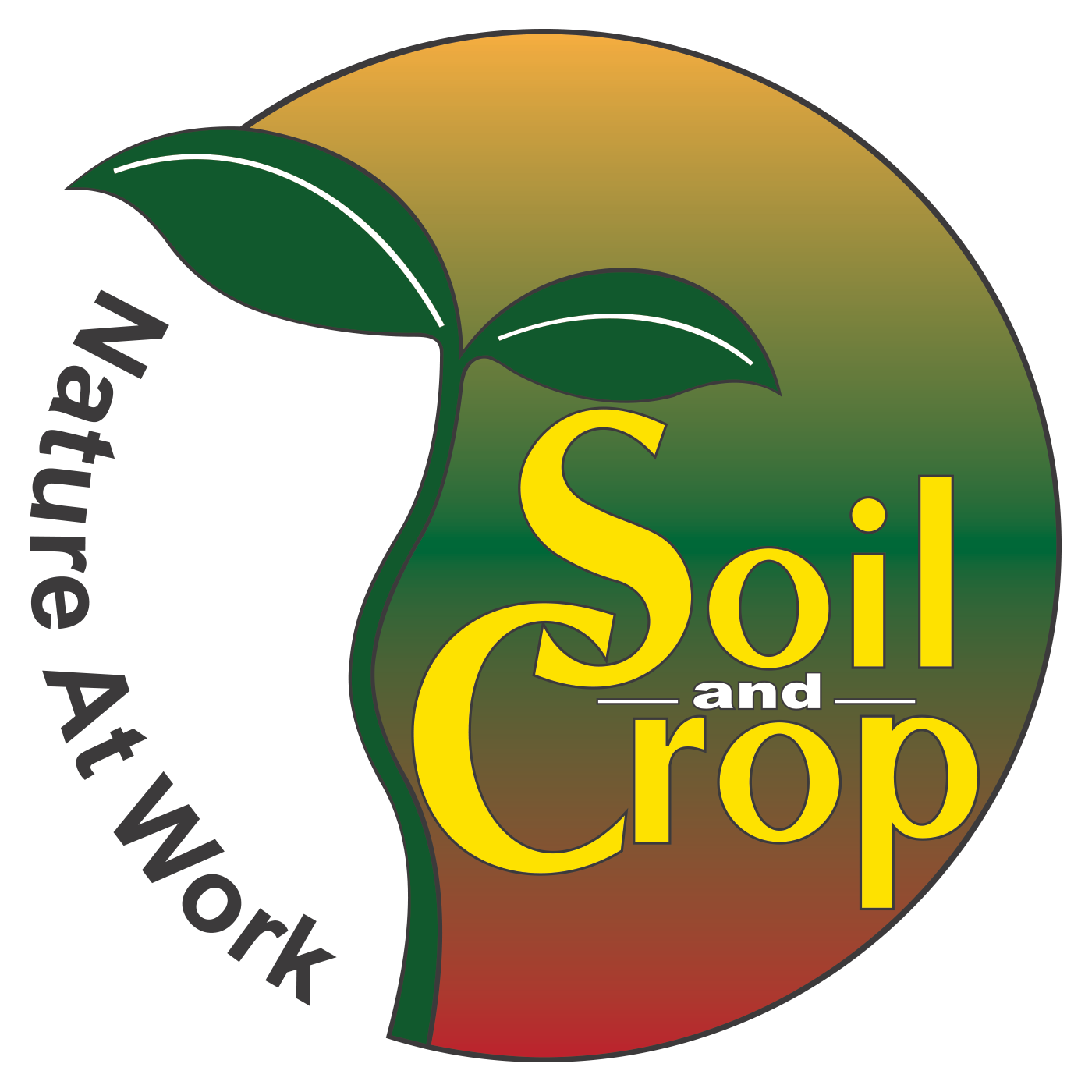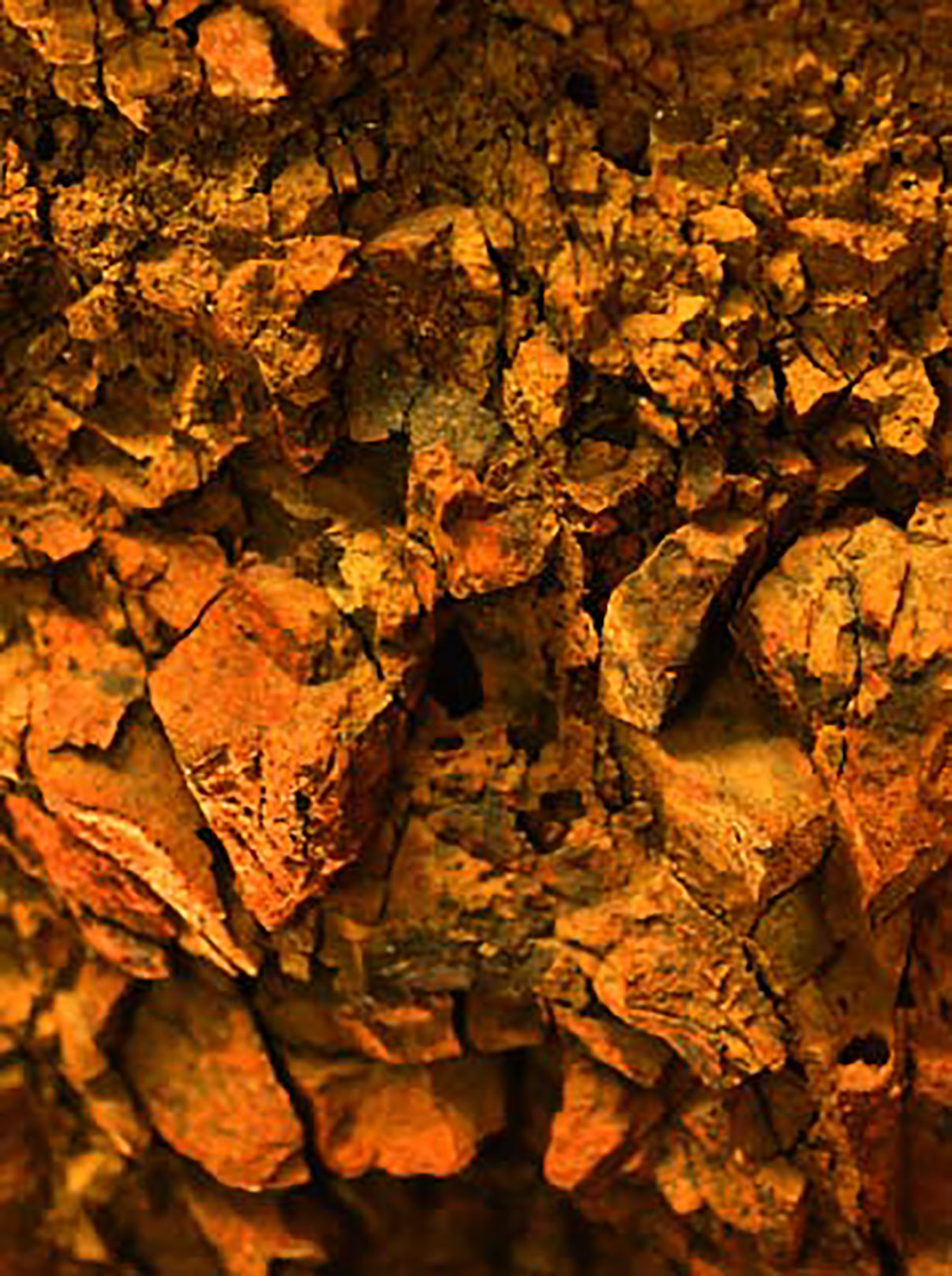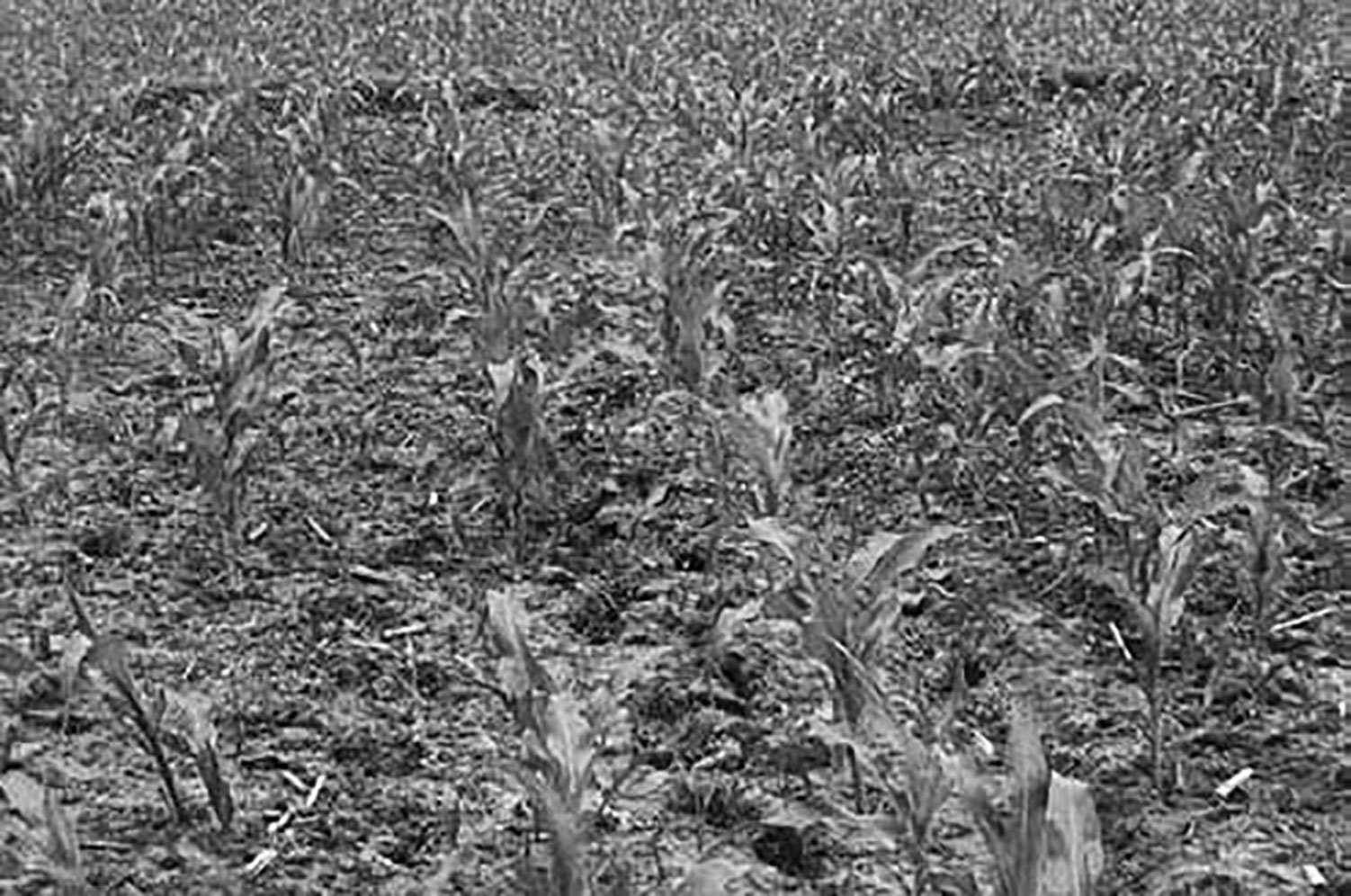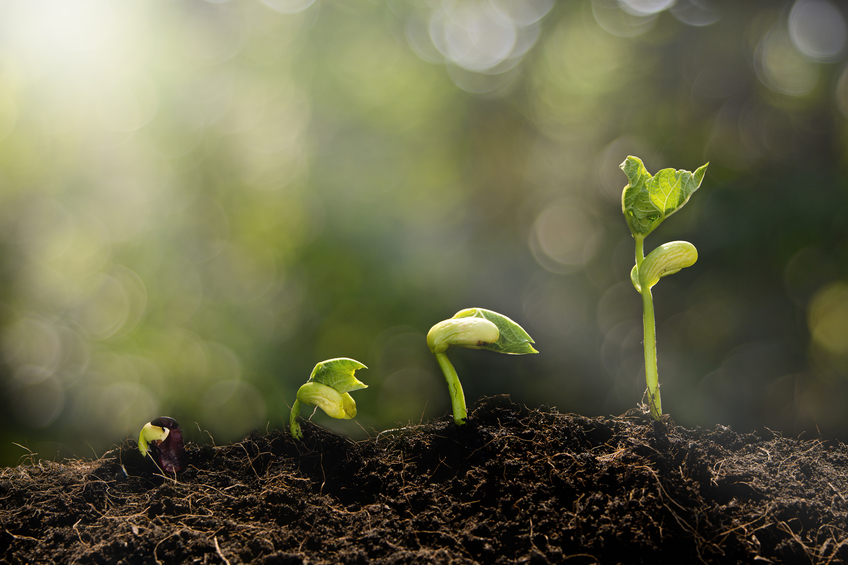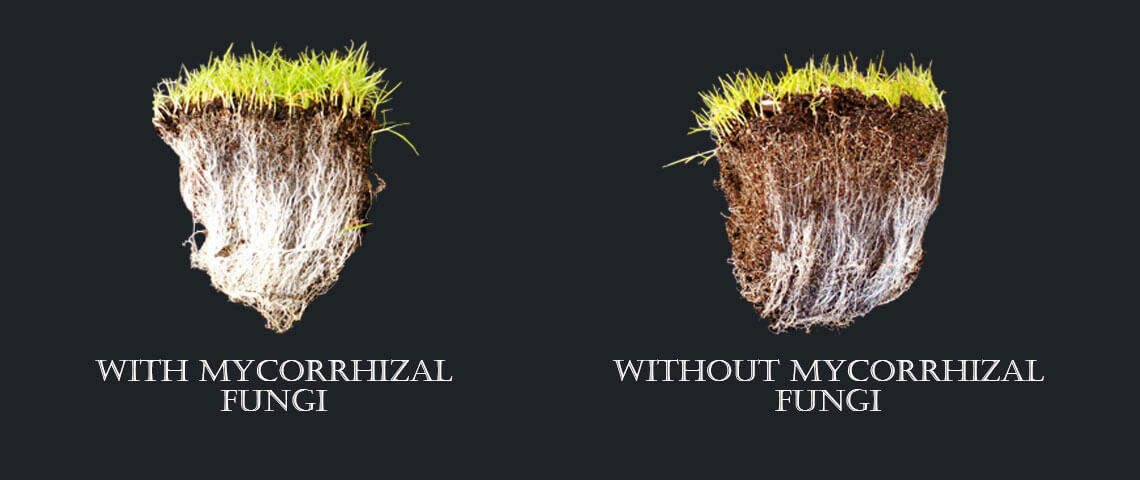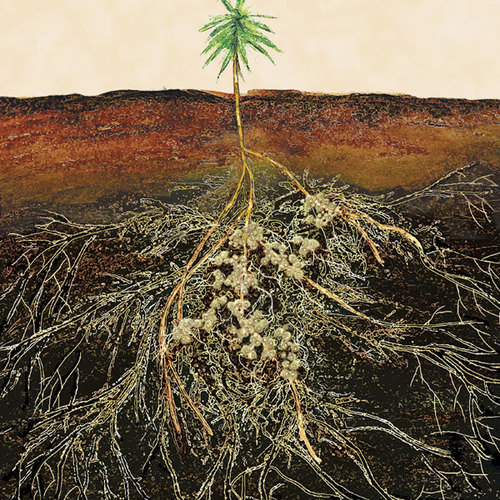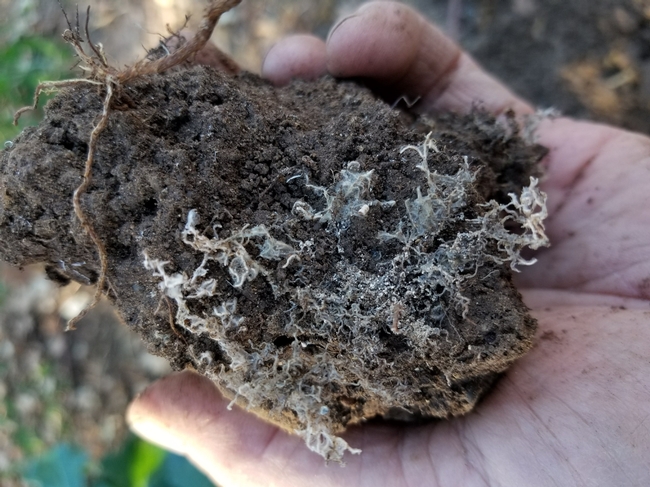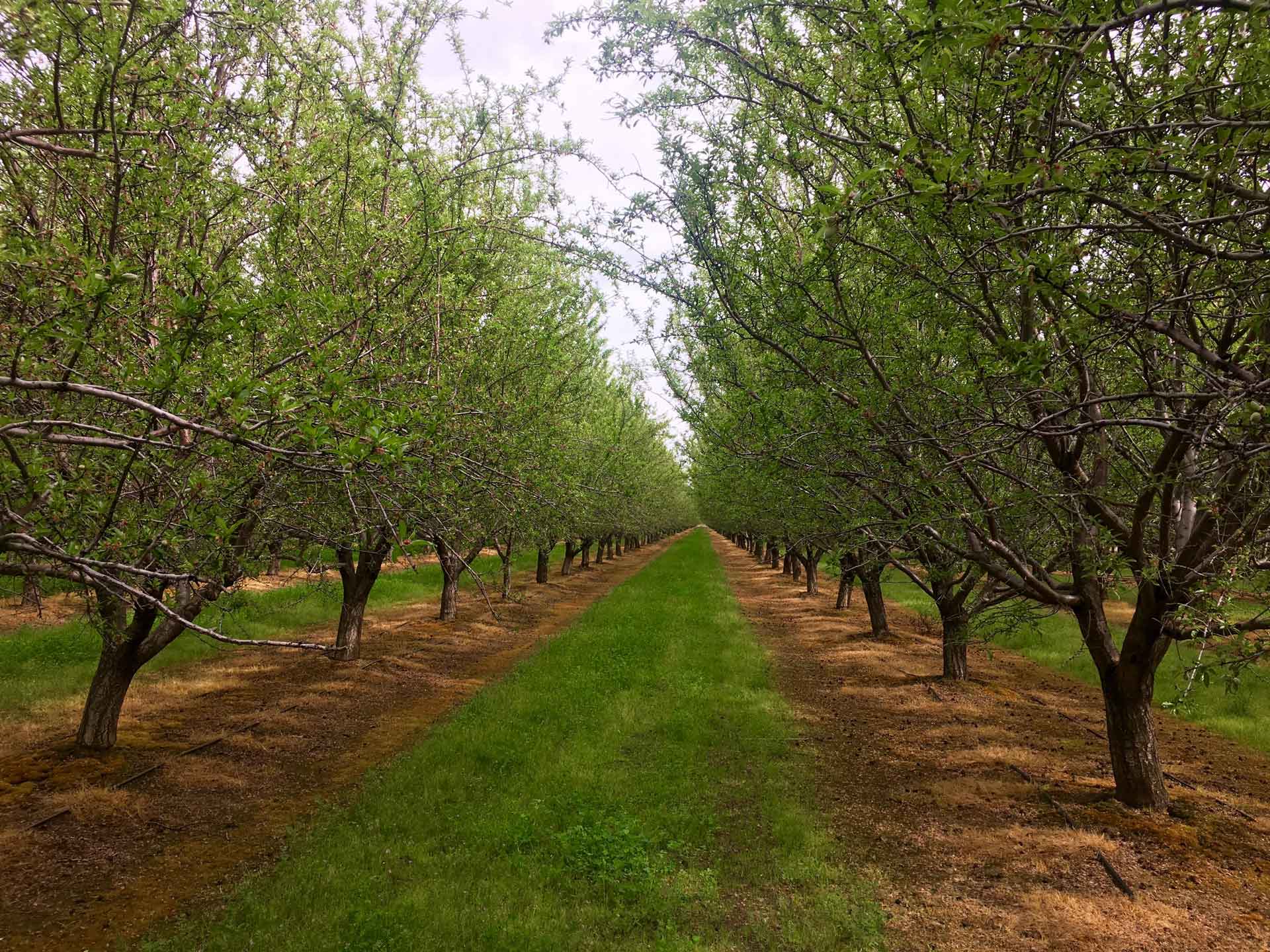By Steve Werblow Glomalin may be the most im-portant thing most people have never heard of. Often described as “soil superglue,” this protein helps bind soil particles together in aggregates, the structures that protect organic matter, hold moisture, and improve soil tilth. The presence of glomalin is also an indicator of a vibrant and vital […]
- Hours 8:00 AM - 4:00 PM
